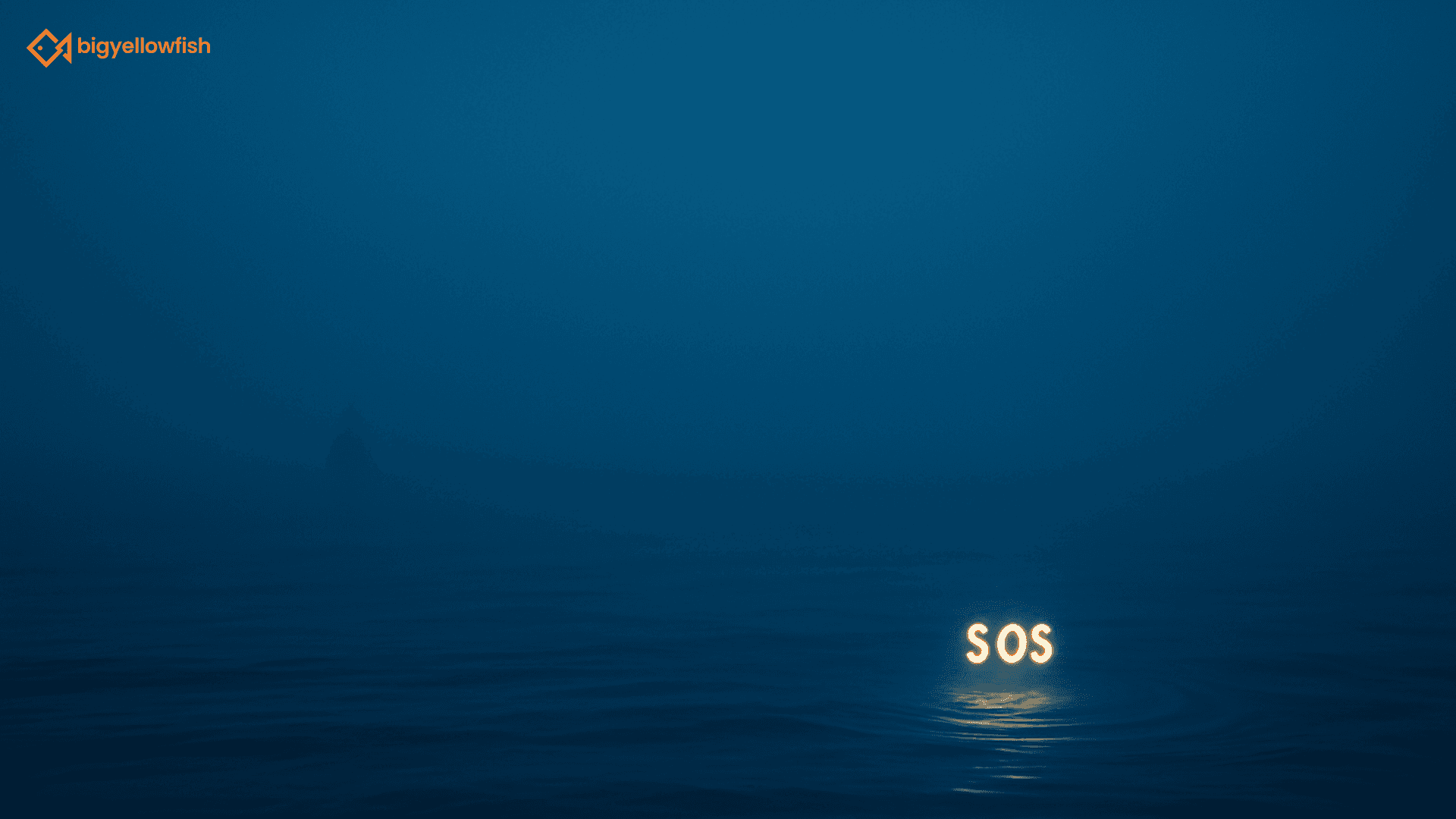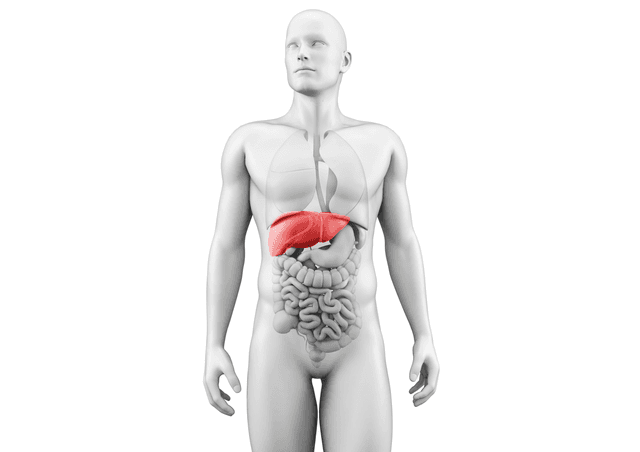
Invisible Emergencies
“Help. Help. Help. I am drowning.”
“Maybe we can come back tomorrow to rescue this poor lad… I’m sure they can hang in a little longer…” said no one ever.
Because physical injury is visible. The need for repair seems obvious. It’s instinctual to identify a human in crisis — an accident, a burn, a fracture. We don’t ask the injured to figure it out on their own. We help, nourish, and patiently wait for their wounds to heal.
More often than not, the injured person is neither ashamed of their injury nor blamed for it. They expect love, care, and concern from their loved ones and those around them.
When a colleague announces a crisis at home, be it a medical issue, a house fire, even a robbery, their concerns are validated. Leaves are approved without question because it’s an understandable pause. When a family member returns home after, say, spinal injury treatment, they’re given medicines on time, and encouraged to rest. Everyone understands that healing needs time and effort.
The hurt person is allowed to talk about their scars, pain, and challenges. They’re applauded for bravery and resilience. And don’t we feel loved when our pain is acknowledged and our strength admired?
But what happens when a loved one goes through a mental health emergency?
Wait. Do mental health emergencies exist?
What do they look like?
And most importantly — can it wait till tomorrow?
At the end of the day, a panic attack is not like a broken limb that needs immediate attention… Right?
Then what is a mental health emergency?
Is it like ghosts, where you think they exist, but you’re not sure? Do they exist only if you believe in them? Do they exist whether you believe in them or not?
In 2020, all of us were hit by a global pandemic; it changed how we lived, worked, and even touched each other. Along with the masks, the vaccines, and the sickness… there was something more seeding:
Fear of being sick.
Fear of dying.
Fear of losing loved ones.
Loneliness.
Anxiety.
Panic.
Even those not directly impacted by the virus felt its psychological weight. The collective uncertainty, isolation, and grief threaded through every home. Can this be classified as merely a medical catastrophe? Or was there a psychological emergency quietly unfolding alongside?
When there are wars, famines, floods, plane crashes, or accidents, are physical injuries and property loss the only damage? Can grief, pain, helplessness, and panic be scheduled for later? Does trauma politely wait for its turn?
Alas, every crisis carries a parallel mental health catastrophe. We have ambulances, relief camps, and fire trucks — all streamlined — yet psychological turmoil is rarely addressed with the same urgency. If a person is rescued from a war zone but their fear and grief are left unaddressed, the mind begins to dwell in that pain.
“To survive — for what?”
Those thoughts need a gentle but firm anchor to soothe, just as wounds need medicine to heal.
All I wish to express is that mental health in a crisis isn’t secondary; it is simultaneous to recovery.
But catastrophes aren’t always global. Sometimes they’re deeply personal — a loss, an assault, a betrayal, or an ultimate burnout. The world doesn’t declare a state of emergency for these. There are no advisories or helplines when your mind floods. You just keep swimming — until you can’t.
This year’s World Mental Health Day theme, “Access to Services – Mental Health in Catastrophes and Emergencies,” is a reminder to reflect on how accessible mental health services really are. Because ultimately, an emergency cannot be scheduled.
What happens if we delay mental health support during a crisis?
That question can be answered with another: what happens when we delay a fire drill after the alarms go off?
We have lived long enough to know that our minds don’t reach breaking points in a vacuum. A chain of events leads to that moment. And when distress signals fire through the nervous system, that moment is the moment.
The right professional support can calm the person and gently guide them toward alternatives beyond what the distressed mind suggests. Continued support can save their life.
So, what’s stopping us then?
The list is too long for one blog, but let’s try:
Our own bias, misconceptions, lack of awareness, and internal shame around seeking help. Too often, we’d rather suffer in silence than voice it out. We haven’t seen people around us seeking help beyond medical emergencies, so we hesitate. We choose to dwell secretly in grief, in isolation, as captives of our own minds.
However, the issue isn’t rooted in personal beliefs alone. Apart from these internal barriers, there are external systemic challenges — obstacles to immediate, life-saving psychological support. After all, we can reach an ambulance after an accident, but we’re still far from having mental health ambulances when most required.
Affordable, immediate support isn’t yet a regulated part of our ecosystem. While helplines are emerging, awareness remains limited — their use hush-hush.
This becomes even more complicated for seafarers and frontline workers. Working away from family for long stretches already triggers deep isolation and loneliness. Workplace hazards are a daily negotiation. As they adapt, distress and burnout rise sharply.
If addressed promptly, it saves a life and improves its quality. If delayed, burnout sinks the person. And tipping near the breaking point has never been helpful.
This World Mental Health Day, let us be more curious — to understand our loved ones beyond the visible, to read up on invisible emergencies, and to keep our crisis toolkit ready: the local helpline, workplace support, check-ins on those close to you, and most importantly — a self-check-in.
What keeps you safe?
Where can you reach if you feel lost?
Do you know when it’s a psychological crisis in your mind?
Would you wait for tomorrow?
- Psychology
- Well-being

The Silent Decline: Why Men Are Losing Testosterone Faster Than Ever
There’s a quiet crisis playing out in men’s health and it has nothing to do with fitness trends or protein shakes. It’s testosterone. And it’s falling fast. Studies show that men today have 20-30% lower testosterone levels than men of the same age two decades ago. That’s not genetics, that’s lifestyle. Every year, the numbers […]

Liver on the Rocks: Alcohol, Sugar & the Fatty Liver Nobody Talks About
When a friend told me his doctor advised him to “quit drinking and eat as much fruit as you want” to fix his fatty liver, I blinked. No mention of weight loss. No talk about cutting sugar. Not a word about smoking. Just quit alcohol and pile on the fruit. That’s when I realised, there’s […]

 Workplace Well-being
Workplace Well-being Reinforced Learning
Reinforced Learning Collaboration
Collaboration